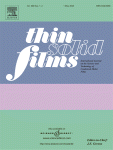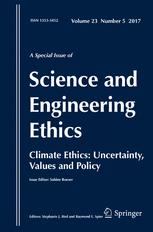
Title: IRF9 inhibits human acute myeloid leukemia through the SIRT1-p53 signaling pathway
What Caught Our Attention: When authors fail to respond to editors’ requests for information, it isn’t hard to imagine that the submitted manuscript will lose its publishing appeal. In this case, the journal and publisher withdrew the article after “repeated attempts” to contact the authors were unsuccessful.
The notice doesn’t say why the journal needed to get in touch with the authors; of course, some authors may cease correspondence for a variety of reasons, but there is usually some backstory. Since the authors disappeared, the withdrawn article has, as well. Continue reading Caught Our Notice: When authors go MIA, the article may follow
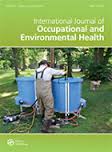
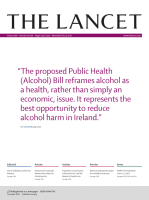

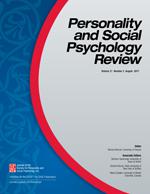 Can seeing a weapon increase aggressive thoughts and behaviors?
Can seeing a weapon increase aggressive thoughts and behaviors? 
